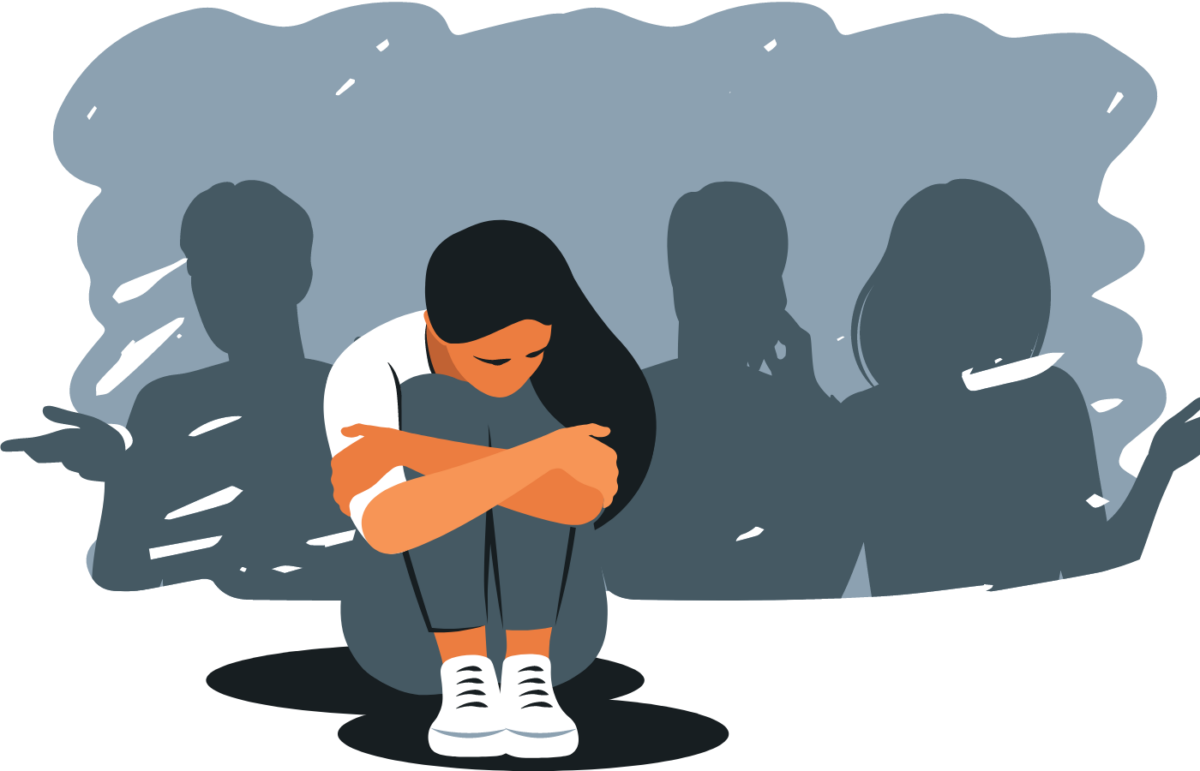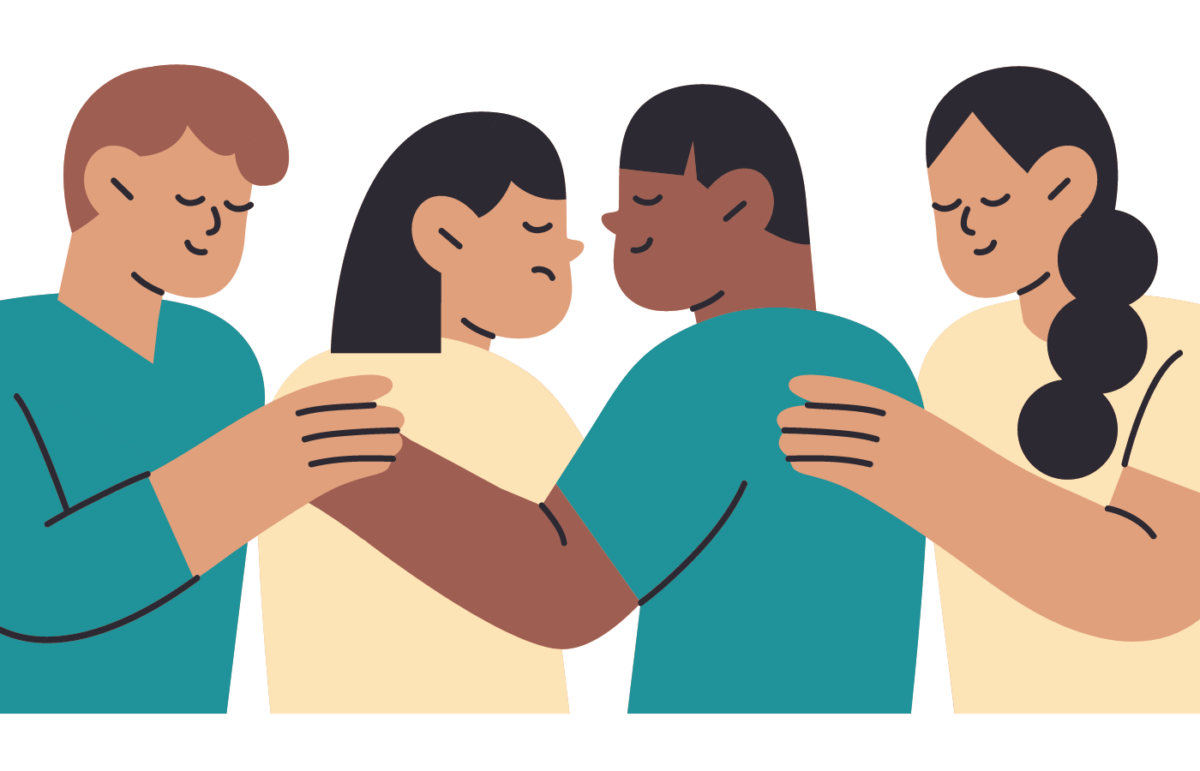Unveiling India’s loneliness struggle
 Written by
Madhu Katta
Written by
Madhu Katta 
Madhu Katta
Madhu is a copywriter and a content writer and is a marketing communications professional. She...
Click here to know more

Anurakti Mathur
Anurakti is a Counseling Psychologist and a coach. She completed...
Click here to know more
We all feel lonely from time to time, yet for individuals grappling with chronic loneliness, the sense of isolation becomes an enduring and pronounced struggle. It can often be challenging to articulate the difficulty in engaging with or forming connections with others. If you find yourself feeling disconnected and lonely, know that you’re not alone.
A global survey in 2021 by Statista Research Department revealed that India ranked as the third most affected country by loneliness, with 43% of its population expressing feelings of isolation.
Loneliness manifests through various symptoms, ranging from social withdrawal and heightened feelings of stress and anxiety to an increased sensitivity to social cues and a lack of motivation.
Whether you are navigating life away from home in a new country, dealing with a personal loss, or going through a tough separation, loneliness can manifest in diverse ways. Moreover, one can be in the company of others and still feel lonely due to a lack of emotional or physical connection, and the absence of shared interests or values.

To explore the intricacies of loneliness in India, we sought the expertise of clinical psychologist Shreya Shankar. This article sheds light on the causes, effects, and coping mechanisms surrounding this pervasive yet often underestimated issue.
What causes loneliness?
Loneliness is like a two-way street. It can be a sign of a psychological disorder, such as depression, where people might withdraw socially and lose interest in interacting with others or being part of social groups. This isolation can make them feel even more alone.
On the flip side, loneliness itself can lead to mental disorders like depression. Life changes, such as moving away, going through a divorce, or losing a loved one, can also contribute to loneliness. Low self-esteem is another common factor, as some people may believe they don’t need attention and, as a result, avoid putting themselves out there.
What’s the difference between loneliness and being alone?
Being alone, having some solitude or downtime can actually be good for mental health. It allows you to recharge and do things without the pressure of interacting with others. People who are alone by choice often have strong social connections to return to when they crave interaction.

On the other hand, loneliness or isolation is often involuntary. These individuals want social relationships but face barriers due to the reasons discussed above, such as separation, rejection, or lack of self-esteem.
What does it feel like to be lonely? What are the signs?
Loneliness starts with difficulty connecting with people. It leads to a sense of isolation and the inability to connect on an intimate or fulfilling level.
Signs include social withdrawal, negative self-esteem, a sense of emptiness, disrupted sleep patterns, etc. And then there is the urge to fill the void with things like social media, eating, substances, or excessive sleeping.
Recognizing these symptoms is crucial, as seeking support from friends, family, or mental health professionals can play a pivotal role in alleviating the effects of loneliness.
Does loneliness affect health and lifestyle?
Loneliness could lead to unhealthy behaviors like overeating or undereating, oversleeping or undersleeping, and an increased risk of substance and drug use, depression, and even suicide in extreme cases.
It could potentially cause a lack of motivation for exercise, which in turn could contribute to health issues like cardiovascular diseases, Alzheimer’s, premature aging, and a weakened immune system.
Chronic loneliness can have severe consequences on both mental and physical well-being.
What are the best ways to manage loneliness?
Starting therapy is a great first step to address the root causes of loneliness, such as depression or low self-esteem.
Reconnecting with old connections and focusing on developing existing relationships can also be helpful instead of starting new connections altogether which might cause resistance.

Joining support groups, whether online for anonymity or local clubs or groups based on interests, can provide a sense of community.
Lastly, learning to be comfortable in your own company by engaging in meaningful activities can fill the void and combat loneliness. Cultivate new hobbies, learn a craft, or focus on personal development.
Just because you’re alone doesn’t mean your existence is meaningless – you can use this time to pursue things that are meaningful to you.
That said, one cannot always fix the things that cause them loneliness. In situations where the cause can’t be fixed on a systemic level, such as discrimination or being away from family, the key is to learn to cope with the existing circumstances.
This may involve finding support through therapy, building new connections, or engaging in activities that bring personal fulfilment and raise self-esteem.
If you or someone you know is struggling with loneliness, please do not hesitate to seek professional help.
Meanwhile, check out our podcast on loneliness with Kamna Chhibber.
Help support mental health
Every mind matters. Every donation makes a difference. Together, we can break down stigmas and create a more compassionate world.
Disclaimer: MyndStories is not a non-profit. We are a private limited company registered as Metta Media Pvt Ltd. We don't fall under Section 80G and hence you don't get a tax exemption for your contribution.
